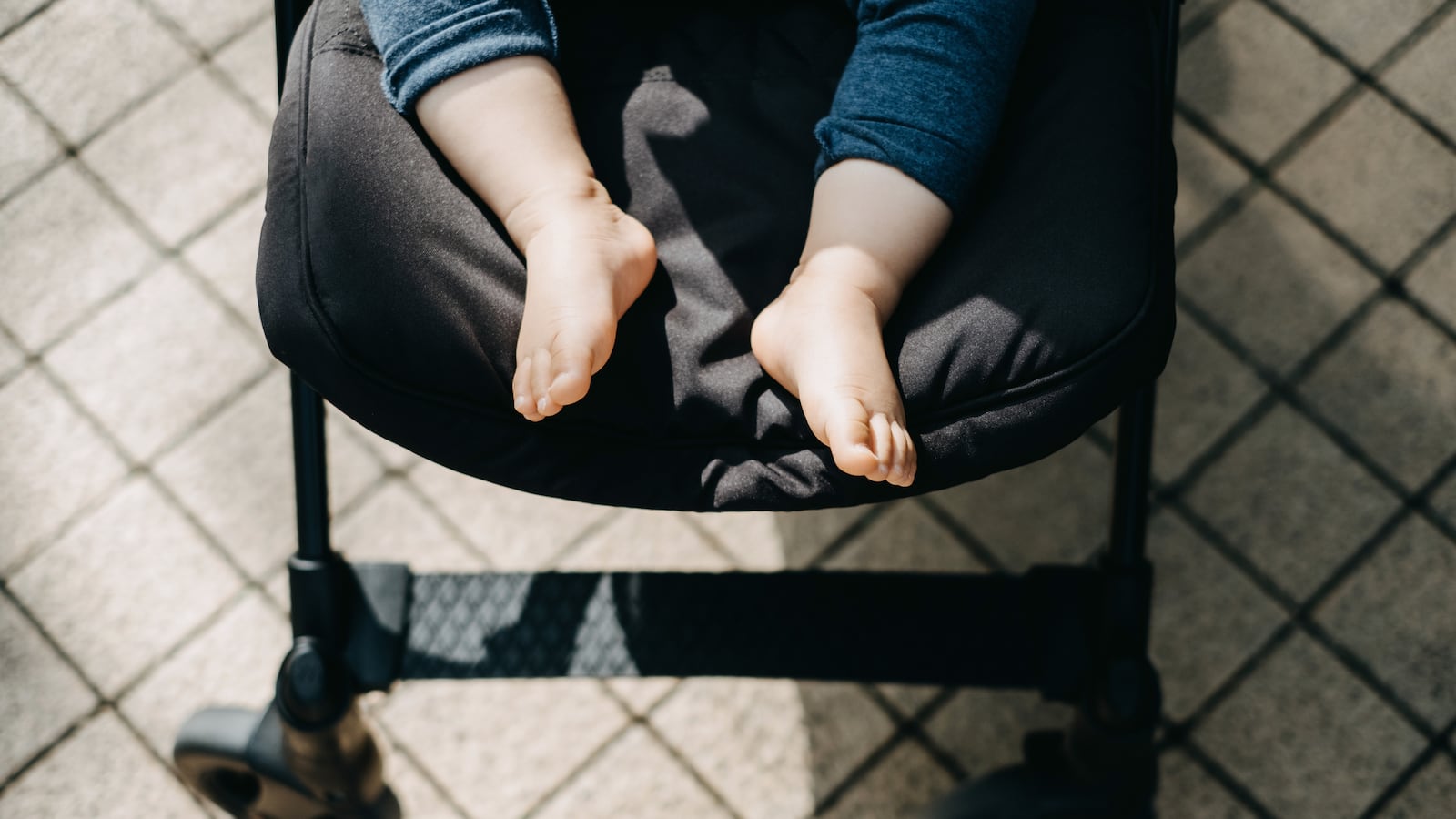About a year ago, I was 16, seven months pregnant, and living in my car with my boyfriend. We showered at gas stations and bought grilled cheese sandwiches at Walmart. I worried that we wouldn’t be able to provide for the daughter I would soon have. Some days, I felt utterly defeated.
Although I’ve always wanted to pursue an education, I felt that this was no longer possible for me.
A year on, my boyfriend is now my husband, and we live together with our thriving 7-month-old daughter, Harloow, in a house with a fully stocked fridge. And I’m on track to graduate high school and plan to pursue a career in nursing. My story is about persevering, but it’s also about getting the unique support I needed to turn my situation around — support that my mother, a teen parent herself, didn’t have a generation earlier.

I started at an online high school when my daughter was two weeks old. But going to school while taking care of an infant often meant staying up past 3 a.m. I had to wait for her to go down for the night before I could do my schoolwork.
Exhausted, I began searching for alternatives. That’s how I found — and enrolled in — Lumen High School, a public charter in Spokane, Washington, that provides support to high school students who are pregnant or parenting.
There is a daycare downstairs that partners with my school. My daughter plays there while I take classes. When she is hungry, someone comes up to get me so I can breastfeed her.
My school helped me with other needs too, including applying for government food benefits, such as SNAP and WIC. When I previously applied for those assistance programs, I was denied without explanation. They wanted me to come to the aid office in person, but relying on the bus for transportation, having my daughter, and attending school made that nearly impossible. At Lumen, though, a staff member arranged a phone interview for me.
My school also loaned me a stroller and gave me a free bus card so I could get to school every day on public transportation. Our Communities In Schools site coordinator even rode the bus with me a few times to help me navigate the route. Managing a baby and a stroller on public transportation is not easy, and her presence those first few days helped ease my mind.
Only about half of teen mothers earn a high school diploma by age 22, compared to 90 percent of female students who did not have a child as a teenager. There are many factors at play, but the most significant one is that traditional high schools don’t accommodate our needs.
Attending classes is next to impossible if you cannot find and afford daycare. Access to childcare is an issue that affects all kinds of families, but the struggle is amplified for teen parents who are likely to have fewer resources available to them.
These days, I feel excited about my future. I’m on track to graduate next school year, and I plan to attend a local college and pursue a degree in nursing. This profession is especially meaningful to me since nurses helped our entire family throughout my late brother’s battle with muscular dystrophy.
One day, I want to be a traveling nurse, which would give me the opportunity to see the country with my husband and daughter while also helping sick people and their families.
I feel excited and energized when I think about my future. At the same time, I can remember so clearly how different things felt last year, when I was living in my car and unsure of what my future would look like.
Mahciah Campbell is a high school junior who lives in Spokane, Washington, with her husband and daughter.



